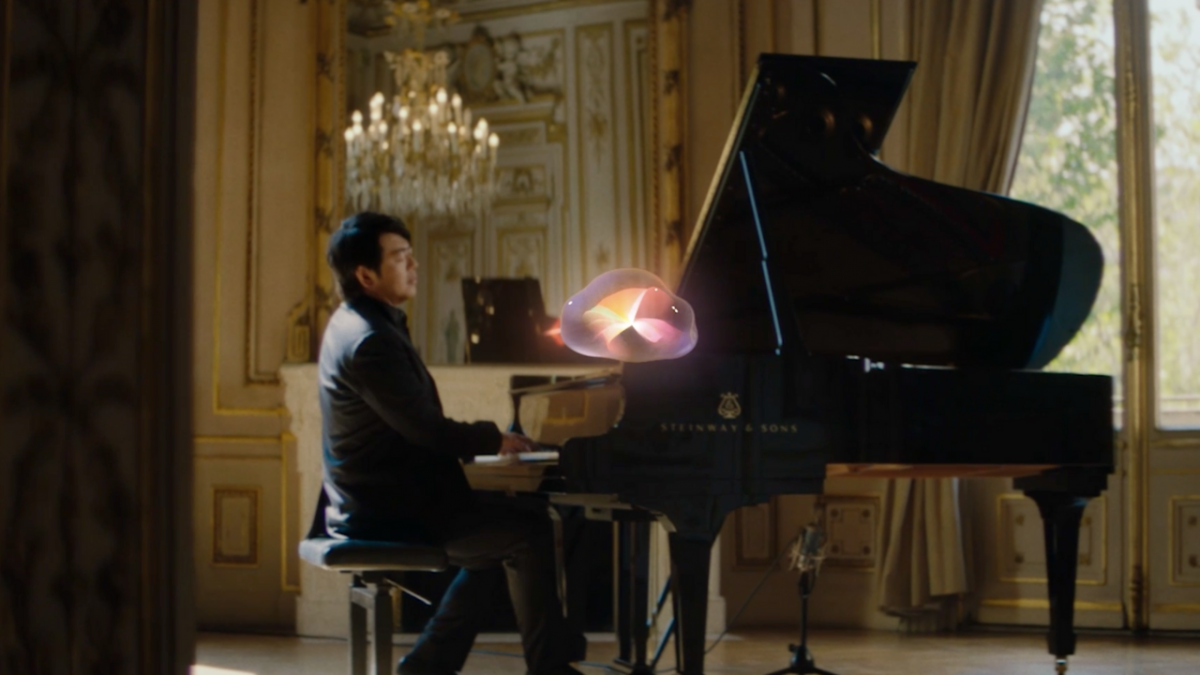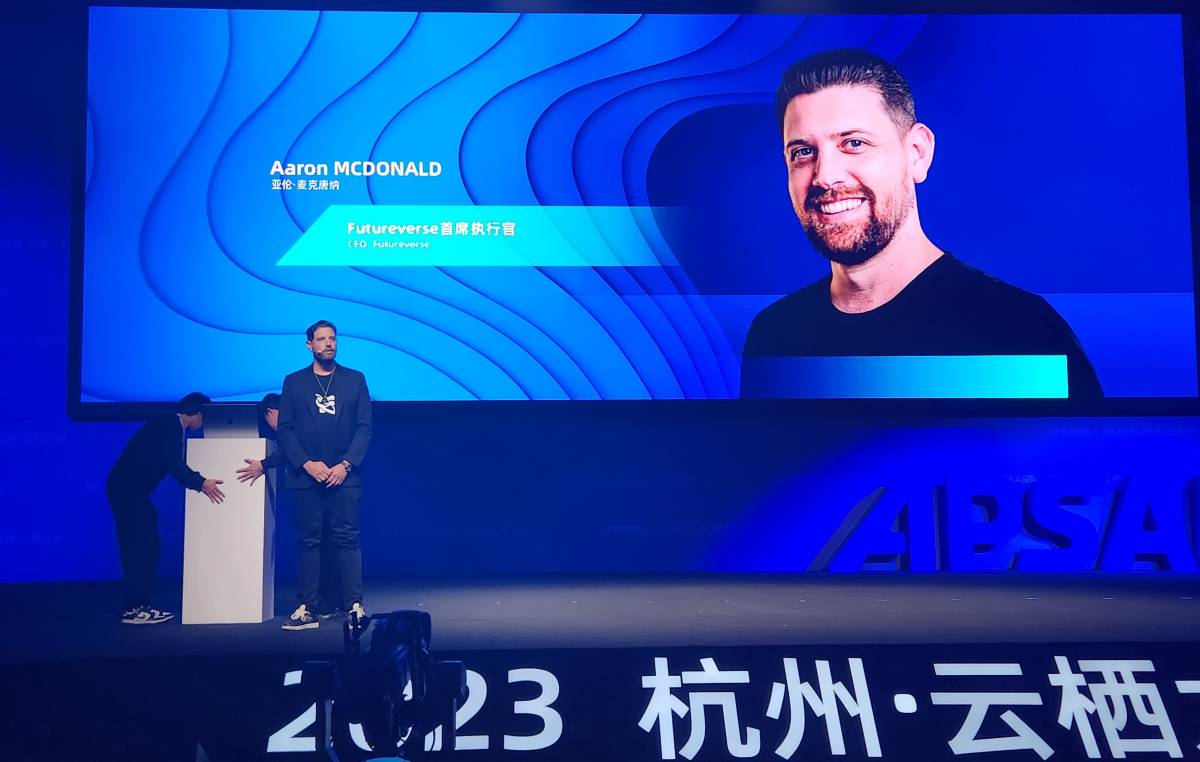
Photo credit: Alibaba Group
Does the future of music lie in the realm of artificial intelligence? World-renowned musician Lang Lang grappled with this question during a recent interview with Alizila.
In his search for an answer, the classical pianist turned to AI music generator JEN, developed by New Zealand-based company Futureverse and trained on an Alibaba Cloud platform.
Futureverse’s JEN text-to-music model can perform various generation tasks based on prompts written by users describing the music they want to make.
As a result, everyone – from music enthusiasts to a virtuoso like Lang – can generate unique melodies.
“Collaborating with AI opens up a complete, whole new world of possibilities. It can suggest new ideas and help musicians experiment with different sounds and styles,” said the Chinese pianist, who hails from the northern city of Shenyang.
Lang’s immense talent has made him a star of the classical music world, leading him to play at a coronation event, several Grammy Awards ceremonies, an Olympic opening ceremony and most recently, receive a star on the Hollywood Walk of Fame.
But AI models like JEN show that you don’t need decades of award-winning musical experience to try your hand at music-making.
“In the past, many AI researchers didn’t believe AI would be good at artistic-creation tasks. But it turns out that AI can be really helpful in inspiring music creation,” said Tang Hong, CTO of Alibaba Cloud International.
Alibaba Cloud offers a full stack of AI solutions to help customers, like Futureverse develop customized models and “open up a whole new world of possibilities” in the process, according to Lang.
To learn more about the harmonization of generative AI and music, Alizila sat down with the musician for an interview. Watch the conversation above, or scroll down to read the transcript.
Below is a transcript edited for brevity and clarity
Q: Many musicians are now trying with AI generated music. How do you perceive the role of AI in the music composition?
A: AI brings some very exciting possibilities. It can analyze huge amounts of music data very quickly and give musicians tons of ideas to work with. And that is always helpful, especially when you were always in the same kind of zone.
Q: How do you think AI can contribute to the creative process of composing music?
A: Collaborating with AI opens up a complete, whole new world of possibilities. It can suggest new ideas and help musicians experiment with different sounds and styles. For example, imagine blending classical music with jazz music with electronic sounds or a simple African beat. AI can spark some really unique creations, and this is quite remarkable.
You can blend in a lot of like hip hop, for example, or maybe Cuban jazz with classical music. You can do a lot of crazy things. And it’s like having a creative co-pilot who can think really fast and come up with all sorts of cool stuff.
Q: How do you think AI-composed music compares to music written by humans?
A: AI music is improving, of course, but it still lacks human feelings and senses. The deep emotions and personal stories that human composers infuse into their compositions. But AI hasn’t quite mastered that yet, which is a good thing.
Q: Considering the potential of AI in education, how do you think cloud-based AI technology may help musicians improve their skills and creativity?
A: AI plays a big role in music education, making it more inclusive and accessible. For example, cloud-based AI technology can make music education available to more people. They break down technical barriers. So even if someone doesn’t have formal training, they can still express their creative ideas with AI’s help.
You can also can be anywhere in the world. Aspiring musicians can turn their visions into actual music, making the musical world richer and more diverse. This could lead a new generation of musicians with all kinds of background and perspectives.
Q: In your opinion, how will AI and human musicians collaborate in the coming years?
A: The future of music with AI looks very exciting. With AI becomes more advanced, we can expect more collaborations. It will open doors to new music genres and expressions.
As far as collaboration between AI and human musicians, I think it’s going to evolve into something really innovative. AI won’t just be a tool anymore. It will be more like a creative co-pilot or a partner in the creative process. The future of music with AI definitely looks pretty promising.
Q: What advice would you give to young artists and students who are exploring the intersections of AI and music?
A: I would say, please don’t be afraid to embrace AI as a tool to enhance your creativity, but always remember to stay true to yourself and your artistic vision. Ultimately, music is about expressing your emotions and heart, your creativity and experiences. And that’s something only humans can do.




.jpg)
